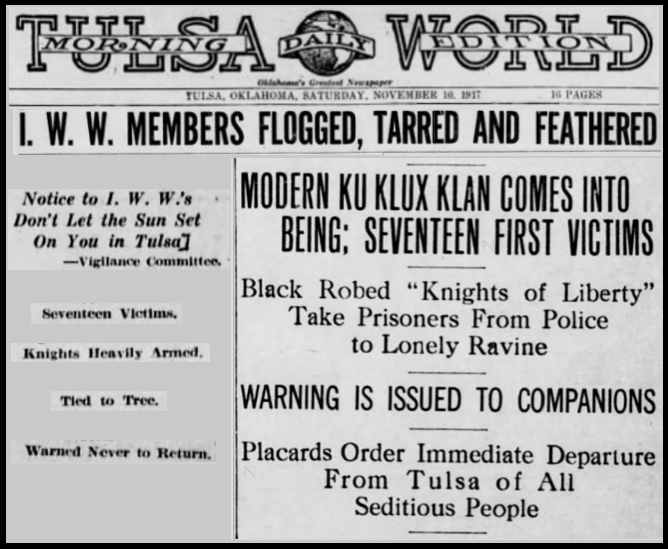“For heaven’s sake, wake Art Young up,
and give him a pencil!
Tell him to try to stay awake
until he gets to jail!”
-Attorney Malone
~~~~~~~~~~~~~~~~~~~~~~~~~~~~~~~~~~~~~~~~~~~~
Hellraisers Journal, Wednesday June 5, 1918
New York, New York – The Masses Trial as Told by a Defendant
The trial of the those connected with The Masses began on April 15th of this year and lasted for about two weeks, ending in a hung jury. A new trial is certain, according to the prosecution. Floyd Dell, one of the defendants, tells the story of that trial wherein the defendants were facing up to twenty years in prison for alleged violations of the Espionage Act of 1917. We begin with Part I today and will conclude tomorrow with Part II.
From The Liberator of June 1918:
The Story of the Trial [Part I]
By Floyd Dell
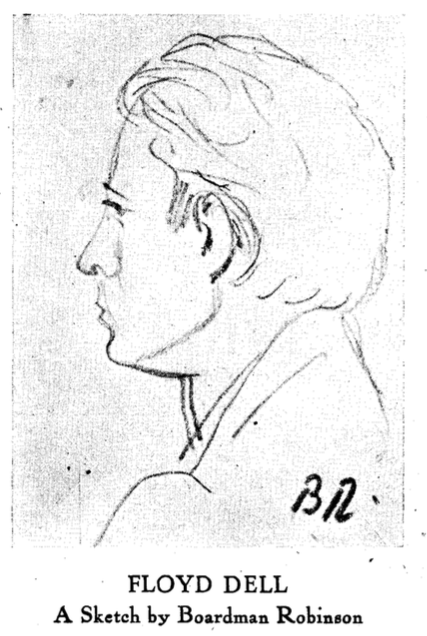
AT 10:30 o’clock in the morning on April 15 we filed into one of the court-rooms on the third floor of the old Postoffice Building, and took our places about a large table in the front enclosure. Ahead was a table at which sat three smiling men from the district attorney’s office; higher up, on a dais, behind a desk, a black-gowned judge, busy with some papers; to the right a jury-box with twelve empty chairs; and behind us, filling the room, a venire of a hundred and fifty men from among whom a jury was presently to be selected.
It was with the oddest feelings that we sat there, waiting. It seemed strange that this court-room, this judge, this corps of prosecutors, those rows of tired men at the back, had any personal relationship to us. It took an effort to realize that we were not there as interested observers, but as the center of these elaborate proceedings.
It was more than strange, it was scarcely credible. Was it possible that anyone seriously believed us to be conspirators? Was it conceivable that the government of the United States was really going to devote its energies, its time and its money to a laborious undertaking, with the object of finding out whether we were enemies of the Republic! It was fantastic, grotesque, in the mood of a dream or of a tragic farce. It was like a scene from “Alice in Wonderland,” re-written by Dostoievsky. But it was true. We did not expect that the judge, frowning as he read over the papers before him, would suddenly look down at us over his spectacles and ask: “What the devil are you doing here? Don’t you know that I am a busy man, and that this is no place for silly jokes?”
No….For we knew that war produces a quaint and sinister psychology of fear and hate, of hysterical suspicion, of far-fetched and utterly humorless surmise, a mob-psychology which is almost inevitably directed against minorities, independent thinkers, extreme idealists, candid and truth-telling persons, and all who do not run and shout with the crowd. And we of the Masses, who had created a magazine unique in the history of journalism, a magazine of our own in which we could say what we thought about everything in the world, had all of us in some respect belonged to such a minority. We did not agree with other people about a lot of things. We did not even agree with each other about many things. We were fully agreed only upon one point, that it was a jolly thing to have a magazine in which we could freely express our individual thoughts and feelings in stories and poems and pictures and articles and jokes. And when the war came we were found still saying what we individually thought about everything-including war. No two of us thought quite alike about it. But none of us said exactly what the morning papers were saying. So–
We rose to answer to our names: Max Eastman, Floyd Dell, Merrill Rogers, Art Young, Josephine Bell*-a poet-philosopher, a journalist, a business manager, an artist, and a young woman whom none of us had ever seen until the day we went into court to have our bail fixed. And there was another, invisible “person” present, the Masses Publishing Company, charged, like the rest of us, with the crime of conspiring to violate the Espionage Act-conspiring to promote insubordination and mutiny in the military and naval forces of the United States and to obstruct recruiting and enlistment to the injury of the service. We all sat down, and the trial had begun.
*John Reed, war-correspondent, and H. J. Glintenkamp, artist, also indicted, were not on trial
Continue reading “Hellraisers Journal: From The Liberator: Floyd Dell Recounts The Masses Trial; Art Young Found Asleep in Courtroom” →

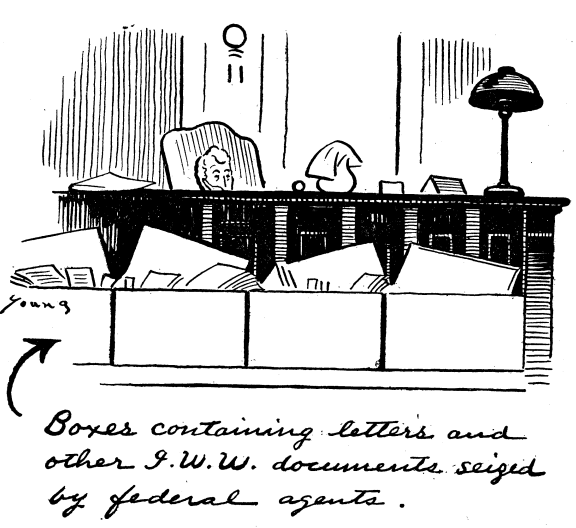
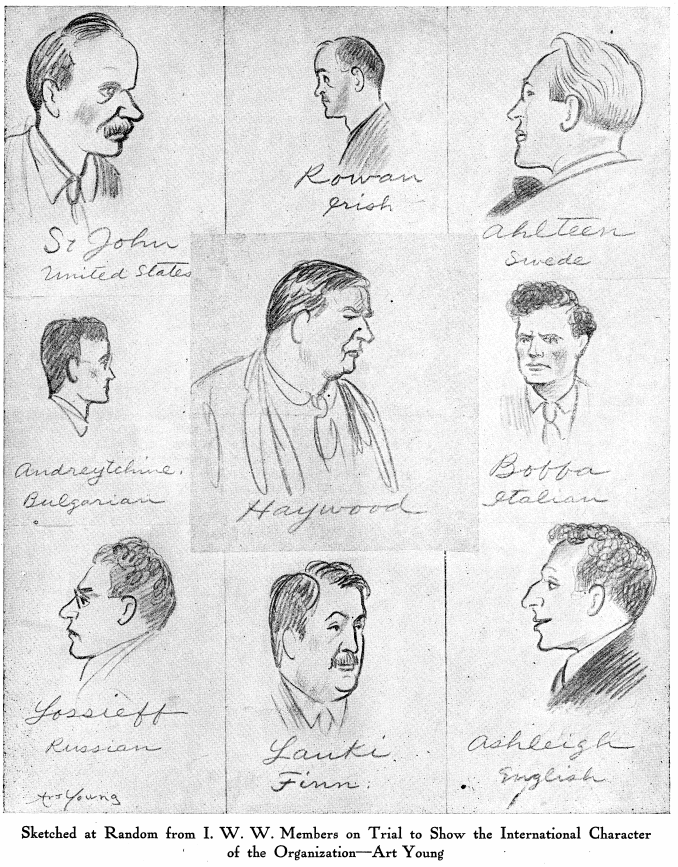
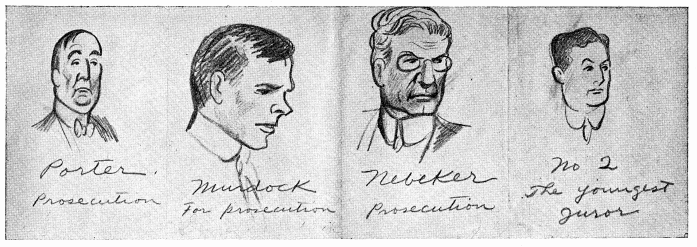
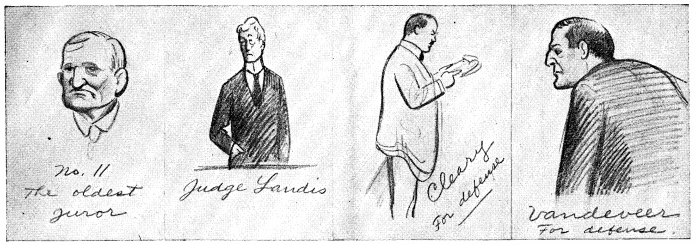
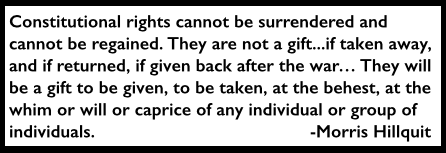
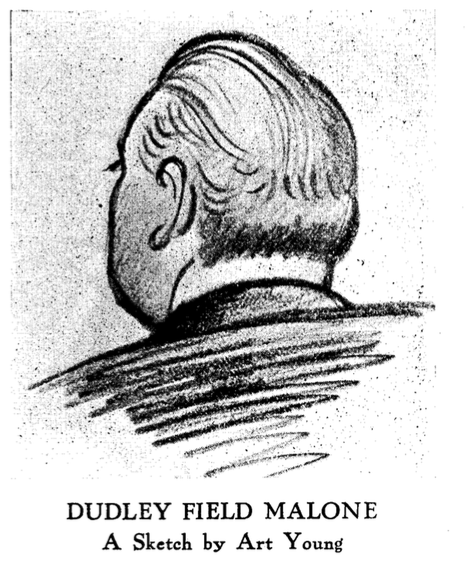

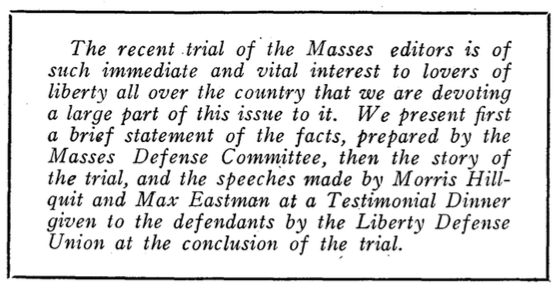
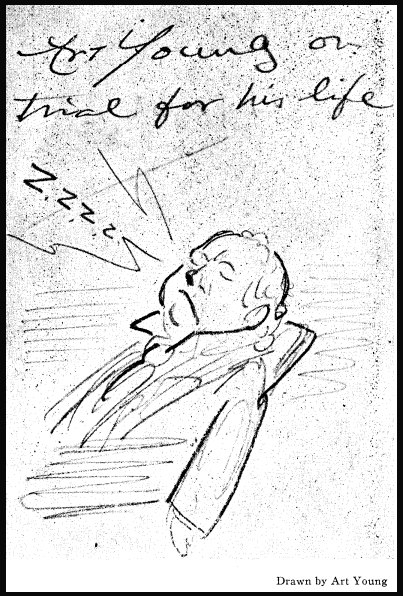
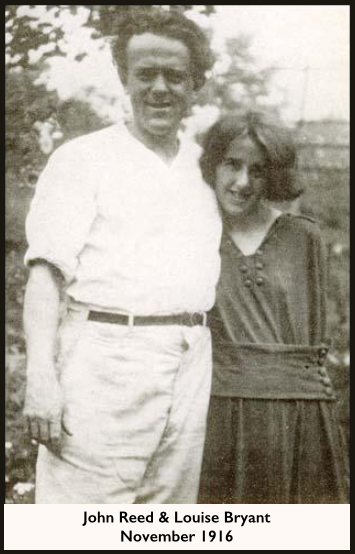 The half-starved men and women on the bread lines are the rulers of Russia. The crowd is the government. The faction of which Kerensky was the head, once looked upon by the world as radical, became, comparatively, as conservative as Taft in his second campaign. This faction did not represent the crowd, so it fell, leaving Kerensky with about as much influence in Russia as one William Jennings Bryan has here. If Kerensky should return to Russia he would be killed. If he and his supporters and remained in power two months longer every city in Russia would have been under German control. Korniloff planned the fall of Riga to frighten the Russian people into action, and admitted it publicly. The Kerensky government, when the people threatened to take its power from it, practiced sabotage on the food supplies of the people, fomented strikes in the manufacturing plants, and closed down factories.
The half-starved men and women on the bread lines are the rulers of Russia. The crowd is the government. The faction of which Kerensky was the head, once looked upon by the world as radical, became, comparatively, as conservative as Taft in his second campaign. This faction did not represent the crowd, so it fell, leaving Kerensky with about as much influence in Russia as one William Jennings Bryan has here. If Kerensky should return to Russia he would be killed. If he and his supporters and remained in power two months longer every city in Russia would have been under German control. Korniloff planned the fall of Riga to frighten the Russian people into action, and admitted it publicly. The Kerensky government, when the people threatened to take its power from it, practiced sabotage on the food supplies of the people, fomented strikes in the manufacturing plants, and closed down factories.